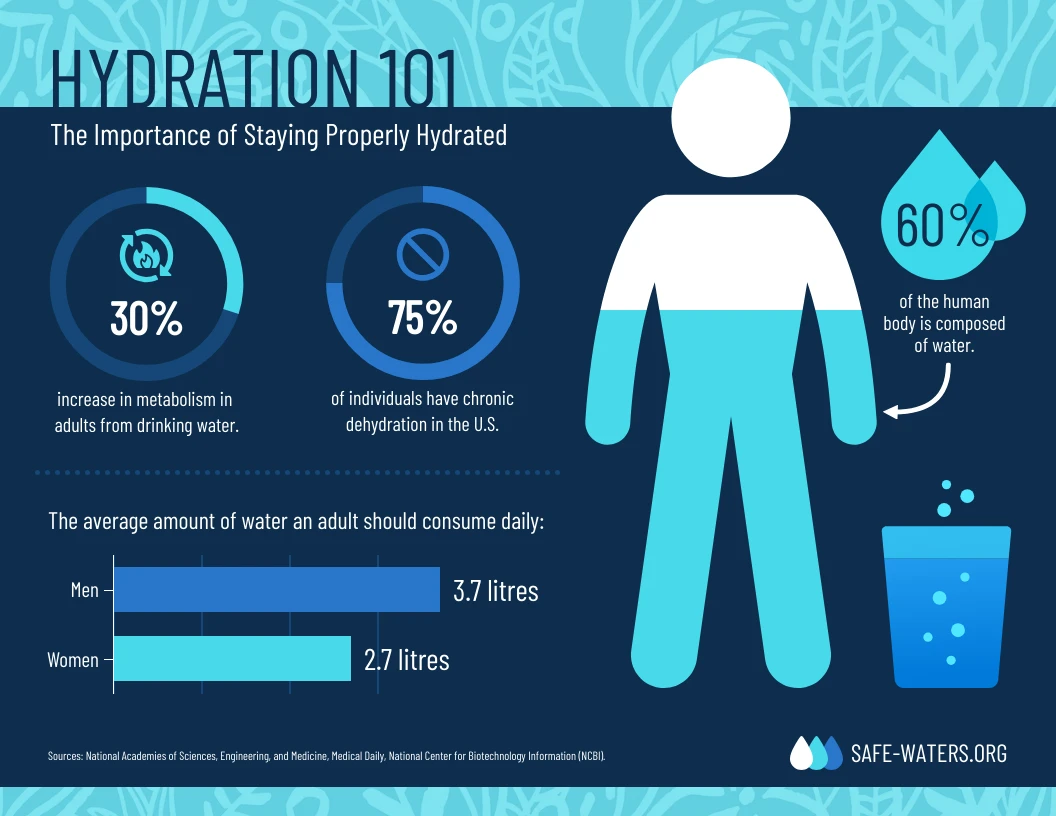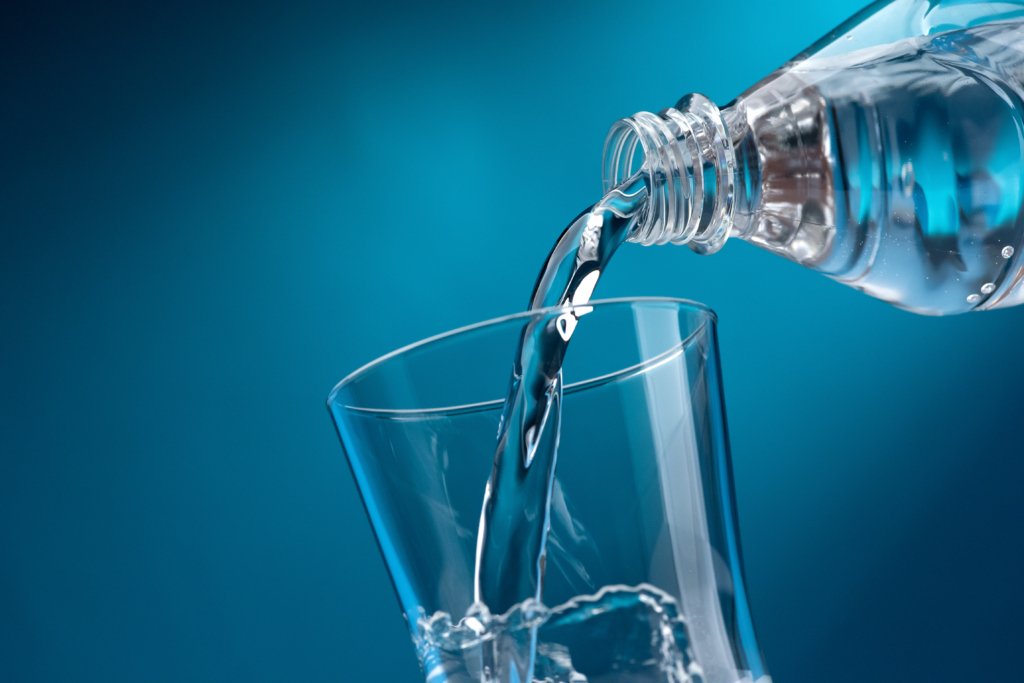Hydration and Mental Health: The Impact of Water Intake on Cognitive Function
While the importance of hydration for physical health is well-known, its impact on mental health and cognitive function is often overlooked. Proper hydration is essential for optimal brain function, mood regulation, and cognitive performance. Dehydration can lead to cognitive impairments, mood disturbances, and decreased mental clarity, highlighting the crucial link between hydration and mental health. Here’s how water intake affects cognitive function and mental well-being:
1. **Brain Function**: The brain is made up of approximately 75% water, and adequate hydration is essential for maintaining optimal brain function. Water plays a vital role in transporting nutrients and oxygen to the brain, removing waste products, and regulating neurotransmitter function. Dehydration can impair cognitive function, leading to decreased alertness, concentration, memory, and decision-making abilities.
2. **Mood Regulation**: Hydration levels can have a significant impact on mood and emotional well-being. Research has shown that even mild dehydration can negatively affect mood, leading to increased feelings of anxiety, irritability, and fatigue. Conversely, adequate hydration has been associated with improved mood, decreased stress levels, and enhanced feelings of calmness and relaxation.
3. **Cognitive Performance**: Drinking water is essential for maintaining cognitive performance and mental clarity throughout the day. Studies have found that dehydration can impair cognitive tasks such as attention, memory, and reaction time, particularly in tasks that require sustained mental effort. Staying hydrated can help support optimal cognitive function, allowing you to think more clearly, stay focused, and perform tasks more efficiently.
4. **Energy Levels**: Dehydration can also impact energy levels and overall vitality. Even mild dehydration can lead to feelings of fatigue, lethargy, and decreased motivation, making it challenging to stay productive and engaged in daily activities. Drinking water helps maintain proper hydration levels, providing the body with the energy it needs to function optimally and sustain mental and physical performance.
5. **Stress Response**: Hydration plays a role in regulating the body’s stress response and resilience to stressors. Chronic dehydration can increase susceptibility to stress and exacerbate the body’s physiological response to stressful situations, leading to heightened anxiety and tension. By staying adequately hydrated, you can better cope with stress and maintain emotional equilibrium.
6. **Sleep Quality**: Hydration also influences sleep quality and duration, which are essential factors in mental health and cognitive function. Dehydration can disrupt sleep patterns, leading to difficulty falling asleep, frequent awakenings, and overall poorer sleep quality. Drinking enough water throughout the day can help promote better sleep hygiene and support restorative sleep, leading to improved cognitive function and mood.
7. **Hydration Strategies**: To maintain optimal hydration and support mental health, it’s essential to drink water regularly throughout the day, even when you’re not feeling thirsty. Aim to consume at least eight 8-ounce glasses of water per day, and adjust your fluid intake based on factors such as activity level, climate, and individual hydration needs. Remember that other beverages, such as herbal teas, fruits, and vegetables, also contribute to overall hydration.
In conclusion, hydration plays a critical role in mental health and cognitive function, influencing mood, energy levels, and overall well-being. By prioritizing adequate water intake and staying hydrated throughout the day, you can support optimal brain function, enhance cognitive performance, and maintain emotional equilibrium. Incorporate hydration strategies into your daily routine to ensure you’re giving your body and mind the hydration they need to thrive.



